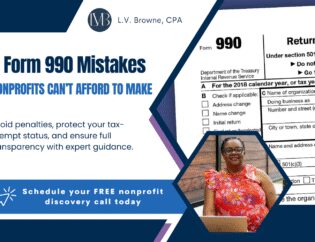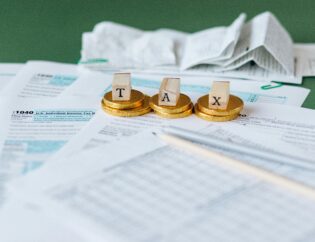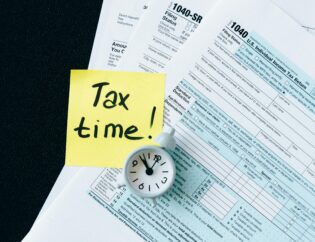
Starting a business is an exciting journey, but before you officially open your doors, you’ll likely incur a variety of expenses. Fortunately, the IRS allows specific deductions for creating, launching, and organizing a new business. Understanding how these costs are classified and deducted can help you maximize tax benefits and make informed financial decisions.
Startup Costs: What Qualifies and How to Deduct Them?
Startup costs are expenses you incur before your business begins operations. These costs cover everything you do to prepare for launching your business, including research, planning, and pre-opening activities.
Qualifying Startup Costs
A start-up cost qualifies if it meets both of the following requirements:
- It’s a cost a business could deduct if they paid or incurred it to operate an existing active trade or business, in the same field as the one the business entered into.
- It’s a cost a business pays or incurs before the day their active trade or business begins.
Examples Include:
- Developing a business plan
- Market research and industry analysis
- Legal and professional services (consultants, attorneys, accountants)
- Advertising and promotional expenses before launch
- Employee training, including wages for trainees and instructors
- Setting up bookkeeping and record-keeping systems
How Much Can You Deduct?
If your total startup costs are $50,000 or less, you can deduct up to $5,000 in the first year.
If your total startup costs exceed $50,000, your first-year deduction is reduced dollar-for-dollar by the amount over $50,000.
Once expenses exceed $55,000, the entire amount must be amortized over 15 years.
Example:
If you spent $53,000 on startup costs, your immediate deduction would be $2,000 ($5,000 minus the $3,000 excess). The remaining balance can then be amortized over 15 years.
Startup Costs That Are Not Deductible
While many startup expenses qualify for deductions, some costs do not. Here are key nondeductible startup expenses:
- Personal expenses
- Incorporation fees
- Costs incurred before a specific business decision
- Fines and penalties
- Lobbying expenses
Knowing what isn’t deductible can help you plan finances and avoid issues at tax time.
Use the Correct Tax Form
The type of business structure determines which IRS form you need to file:
- Sole Proprietors & Single-Member LLCs – Report expenses on Schedule C of Form 1040.
- Partnerships – Use Form 1065.
- S-Corporations – File Form 1120-S.
- C-Corporations – Report deductions on Form 1120.
Once you’ve determined the deductible amount, ensure it is recorded on the appropriate section of your tax return. If amortizing the costs, file Form 4562 (Depreciation and Amortization) to properly allocate the deductions over time.
What If You Decide Not to Start a Business?
Not all business ideas come to fruition, so what happens to the expenses you’ve already incurred?
- If you never decide on a specific business, investigatory costs are considered personal expenses and are not deductible.
- If you decide on a business but the venture fails, costs already incurred are treated as capital expenses and can be claimed as a capital loss on your tax return.
Need Professional Guidance?
L.V. Browne, CPA can help you:
- Structure your startup expenses strategically
- Maximize available tax benefits
- Ensure compliance with IRS regulations
- Plan for long-term success
If you need guidance, don’t hesitate to reach out. Schedule a free consultation today and let us help make tax season a smoother experience for you!










